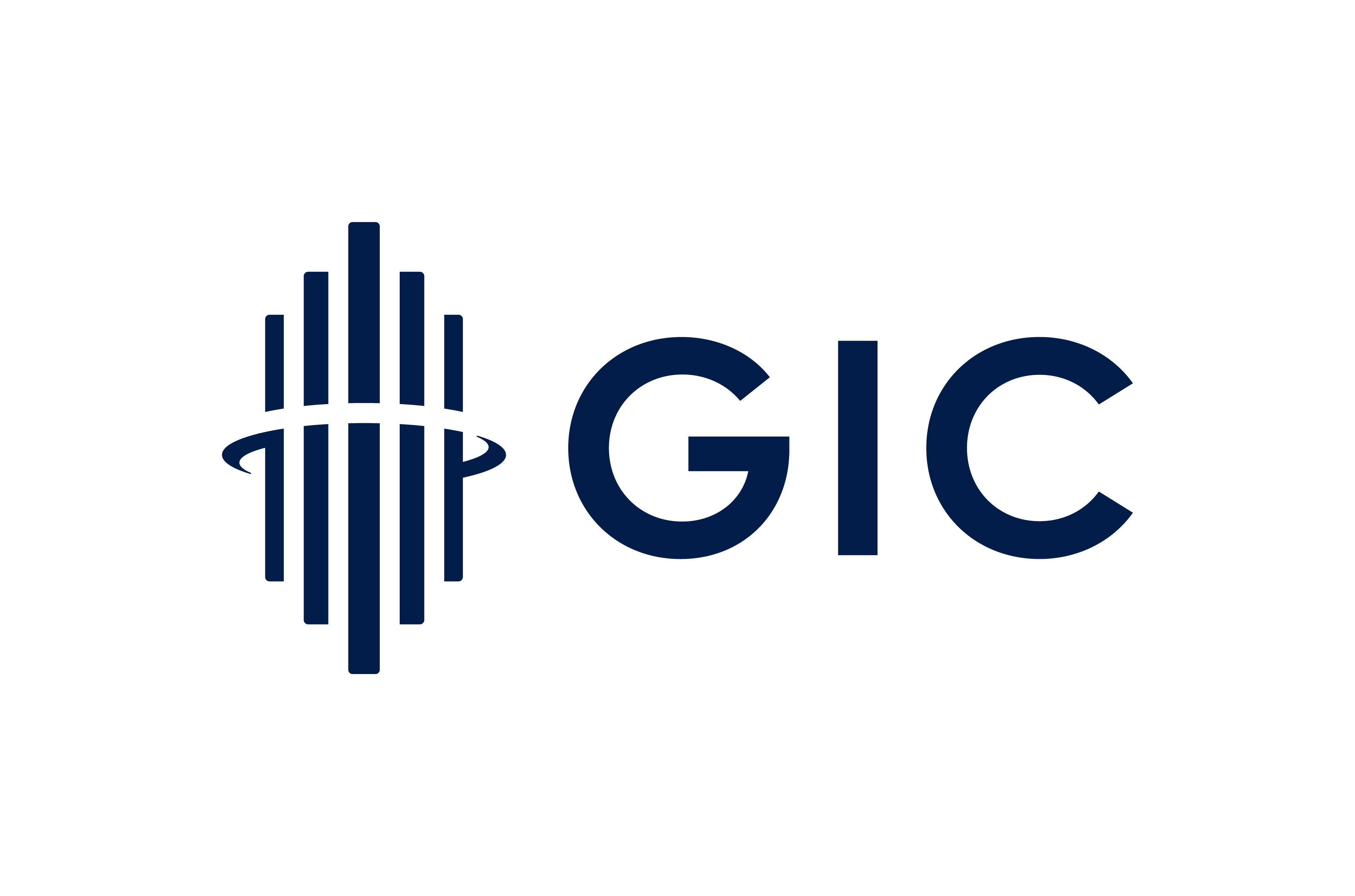This article is featured in the 2024 FCLTGlobal Blue Book, a collection of real-world examples of how our members are putting long-term strategies into practice today. We hope that these practical illustrations will inspire others to embrace the mission of focusing capital on the long term. Learn more >>
At Onex, our commitment to sustainable investing is a collaborative effort to drive long-term value across our diverse portfolio companies. While larger corporations often boast dedicated sustainability teams, small to mid-size companies typically lack such resources. Indeed, there has been a prevailing presumption that sustainability is less critical for smaller enterprises. However, a paradigm shift is underway as smaller companies, embedded in the supply chain of larger counterparts, face increasing pressure from customers and other stakeholders to align with sustainability-related best practices and guidelines, and in some cases, to set targets for improvement. This is particularly true in the area of carbon emissions and climate, as more companies look to measure and reduce their scope 3 emissions found in their up and downstream supply chains.
Approach
To address this evolving landscape, our sustainability team held an information session for all our small to mid-sized companies. This session aimed to introduce key sustainability concepts, outline the cost and revenue benefits of sustainability initiatives, discuss the importance of identifying material ESG factors to their business, and highlight market-leading best practices. Following this foundational step, our team engaged individually with each portfolio company to assess their current level of sustainability knowledge and initiatives, and to determine the best next steps. Our objective was to guide each company to develop or enhance its own bespoke sustainability strategy that is focused on the most financially material considerations and tailored to the company’s unique circumstances and sector-specific needs. We typically held these meetings with the CEO, CFO, and/or COO to ensure strategic alignment at the outset, with subsequent responsibilities for implementation delegated across the organization as needed.
Impact
The impact of our sustainability approach has been substantial. We found that many of our smaller companies had been grappling with the issue of how to address the increasing sustainability expectations of their customers, particularly with respect to carbon measurement and reduction, in a cost-effective and efficient way. Our companies welcomed the engagement by our ESG team, as it provided them with additional expertise and guidance without having to hire a dedicated resource or engage an external consultant. The value delivered to our portfolio companies is exemplified by the transformative journeys of two of our portfolio companies, as detailed below. However, it is important to note that these two examples are just a snapshot of the progress made, as many of our other smaller companies have made substantial progress on the sustainability front, driving positive environmental, social, and financial outcomes along the way.
One of our portfolio companies, Precision Global, is a consumer packaging company with facilities in Europe and North America. The company sought to enhance its approach to sustainability to compete more effectively with peers. Our ESG team worked closely with management to formulate a sustainability approach, which began by conducting a materiality assessment to identify the sustainability topics most likely to drive value and mitigate risk. This resulted in the establishment of key pillars for the company’s sustainability strategy, which reflects industry best practices. Our team provided ongoing support to operationalize the strategy, by integrating these key pillars into its company-wide strategy and risk management process. This included establishing a working group with accountability for each pillar, identifying KPIs, establishing baseline measurements, setting targets, and creating reporting goals. The company also launched an enhanced ‘greener’ product line, which helped foster an enhanced dialogue with its major customers and boosted the brand’s reputation.
Walter Surface Technologies is a portfolio company that provides consumable surface technology solutions for metalworking end-users, including abrasives, safety / PPE, complementary chemicals, twist drilling products and tooling. Recognizing the growing importance of sustainability, the company sought guidance from our ESG team to advance its sustainability approach, with a particular focus on identifying revenue growth opportunities. Our ESG team collaborated with the company to identify the most material sustainability initiatives that would meet or exceed evolving customer expectations and better compete with peers. Through this engagement, the company identified new revenue growth opportunities, with sustainability considerations integrated into product launches and targeted sales strategies. Additionally, the company’s customers are increasingly asking for data and information relating to its carbon emissions. It has been able to provide that information by utilizing tools provided by Onex to measure its carbon emissions, while also identifying opportunities for increased energy efficiency and emissions reduction.
Learnings
The above examples highlight the value of proactively working with our portfolio companies to understand their current sustainability initiatives and evolving best practices for their industry. We have found that small and mid-size companies have many of the same sustainability challenges and opportunities, but often do not have the resources to address them. Providing guidance and assistance through our ESG team has been a significant value-add for our companies, as it is helping them to future-proof their businesses by meeting or exceeding evolving customer and stakeholder expectations, enhancing business reputation, and spurring product innovation. Given the obvious business benefit, we are confident that these initiatives and innovations will be long term in nature, reflected in our exit valuations, and will continue past our hold period. Our approach has also emphasized the importance of tailored, collaborative approaches that consider the unique circumstances of each company, which we believe will ultimately drive additional value on exit and long-term change.


